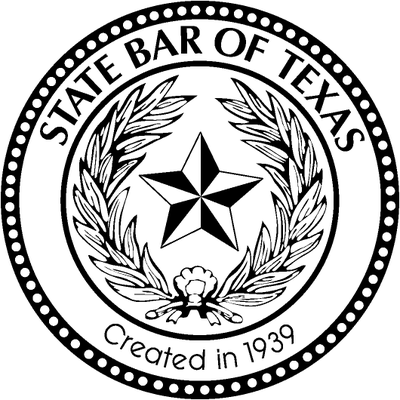Welcome, guest blogger Dr. Andrew Cook! Andrew is a senior director in the Economic Consulting segment of FTI Consulting. He specializes in economic and statistical analysis to clients involved in litigation, arbitration, mediation and other contexts where parties are engaged in complex business disputes. Andrew is a labor economist with significant experience in dispute matters, managing large complex data structures, and statistical modeling. He has prepared economic and statistical analyses for numerous Fortune 500 companies on economic and statistical questions involving employment discrimination, FLSA and state wage and hour matters, and damage calculations.
First, I would like to thank Emily for inviting me to share my thoughts on the role of experts in litigation matters. As for fashion, I don’t really have a fear of it, but rather apathy towards it. I follow in my father’s footsteps, who a few years back, was forced to relinquish a favorite pair of 20 year old pants because my mom told him that corduroy pants shouldn’t be “shiny.”
Now on to my response to Emily’s post. As the attorney, your client is the individual or entity being sued. Thus, your job is to represent them to the best of your ability. They hire you to counsel them on matters to which you provide expertise and experience that they lack. There are going to be situations where your counsel is lock-step with the client’s view, and other times where you might recommend a certain path that the client does not necessarily advocate. However, it is your job to present that counsel in the most comprehensive manner possible, and then negotiate the gray areas. What I mean by the “gray areas” is that you determine your client’s understanding of the matter, compare it to your understanding of the matter, and then figure out how best to utilize this information to provide support for the argument that resolves the matter most favorably for your client in an ethical manner.
As an expert on employment litigation matters, our clients are outside counsel. The same discussion follows about our relationship with outside counsel, as does the discussion of the “gray areas.” This is where the “hired gun” misconception comes into play. Personally, I consider a “hired gun” to be an individual who is willing to adopt the attorney’s argument regardless of support for that argument. In these instances, the expert will tailor their analysis around the argument, freely discarding relevant information and consciously ignoring applicable economic theory. Thus, these individuals are hired to support whatever their client tells them to support, and they have no ethical qualms about delving deep into that “gray area.”
I am hired for my expertise in labor economics. For me to claim expertise in this subject, I need to be able to support my conclusions with reliable data, relevant economic theory, and a willingness to look at the problem from an unbiased vantage point. My livelihood is based on maintaining a reputation for honest, unbiased work. While I readily acknowledge, as Emily notes, that the attorney is my client, my role in the process is not the same as the attorney. I am hired to perform a job that hopefully supports the argument made by counsel. I am not hired to be an advocate for that argument, and as such, there is no guarantee that my work will always advance the client’s interest. I guess what it comes down to is whether the expert is willing to do anything to advance the client’s interest. That, to me, is what separates an expert from a “hired gun.”









